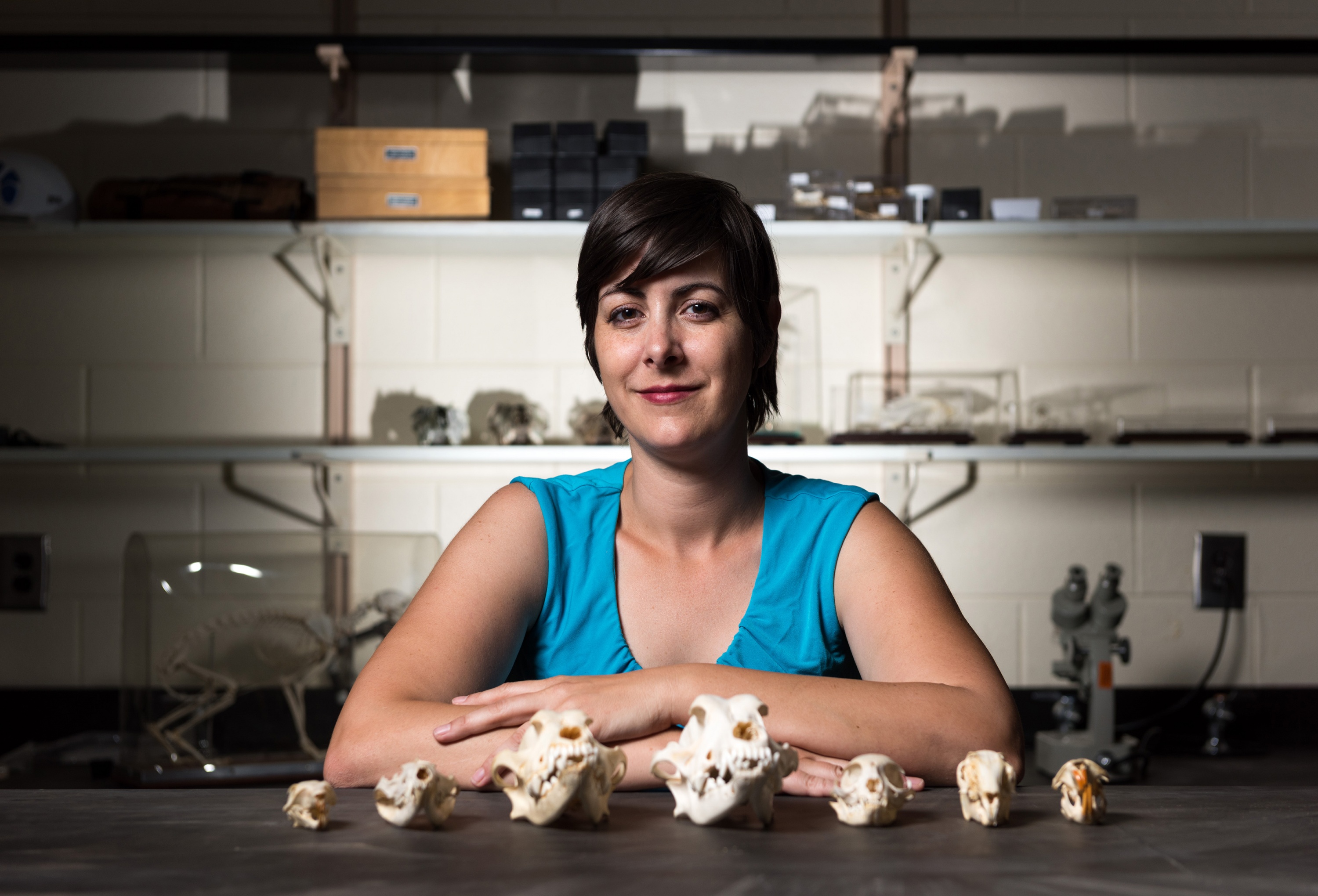Jenny McGuire, Ph.D.
Schools of Biological Sciences and Earth & Atmospheric Science
Georgia Institute of Technology
ABSTRACT
We are on the brink of a 6th mass extinction, facing a devastation of biodiversity and ecosystem function. But we still have time to pull back. Work in conservation biology, ecology, and paleontology emphasize that natural systems dynamically respond to rapid environmental changes. However, given the magnitude and rates of anthropogenic and climatic change occurring today, it helps to bring a perspective that spans multiple spatial and temporal scales to infer these likely responses. With the advent of large paleontological databases and paleoenvironmental reconstructions, we are at the forefront of being able to solve previously intractable evolutionary and ecological questions with a quantitative deep-time approach. Using the fossil pollen and mammal records, we reconstruct the past climatic niches of plant and animal taxa from the last 21,000 years. We then explore how well plants and animals track climate and to what extent human impacts prevent species from tracking their preferred climate. We find that plants track climate with higher fidelity than mammals. Mammals shift their climatic niches in response to human landscape modifications— with large mammals shifting away from human-occupied climate regimes and many small mammals being facilitated by them. We finally explore how mammals’ differential responses to human impacts have resulted in the gradual erosion of certain functional traits. We see a distinct loss of trait-environment alignment both spatially, in heavily modified areas, and through time, starting around the time of the evolution of Homo erectus 1.9 million years ago. Different reactions to climate and human impacts across taxa and trophic levels highlight differential vulnerabilities to the dynamic changes to come. With these approaches and others, our goal is to develop a framework to identify and maintain the resiliency of rapidly changing ecosystems as we go into an uncertain future.
Event Details
Location:
Roger A. and Helen B. Krone Engineered Biosystems Building, 950 Atlantic Drive, Atlanta, GA 30032, Room 1005



